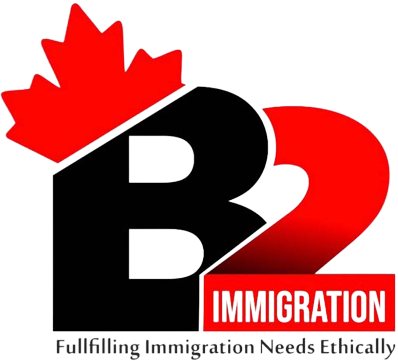In Canada, the process of obtaining a work permit, LMIA, and permanent residency can intersect in many ways, offering international workers and their families a path to becoming Canadian citizens.
Let’s take a closer look at how these processes work together.
LMIA (Labour Market Impact Assessment) is a crucial part of the work permit application process in Canada. It is a document that assesses the impact of a foreign worker’s employment on the Canadian labour market and must be obtained by the Canadian employer before they can offer a job to a foreign worker. The LMIA application process involves several steps, including advertising the job to ensure there are no qualified Canadians available, as well as demonstrating that the foreign worker’s employment will not negatively impact the Canadian labour market.
Once an LMIA is obtained, the foreign worker can then apply for a work permit. Work permits come in several different forms, including open work permits, employer-specific work permits, and post-graduate work permits. Each type of work permit has its own set of requirements and restrictions, but all require a valid LMIA from a Canadian employer.
While a work permit provides temporary authorization for a foreign worker to work in Canada, permanent residency offers a more permanent solution. Permanent residency is a status that allows foreign nationals to live and work in Canada indefinitely and provides a pathway to Canadian citizenship. There are several programs available for permanent residency in Canada, including the Federal Skilled Worker Program, the Canadian Experience Class, and the Provincial Nominee Program.
The intersection of LMIA, work permits, and permanent residency in Canada offers many opportunities for international workers and their families. For example, a foreign worker who obtains an LMIA and work permit may be able to apply for permanent residency through the Canadian Experience Class program, which is based on their work experience in Canada. Additionally, a foreign worker’s spouse or common-law partner may be eligible to work in Canada on an open work permit if the foreign worker holds a valid employer-specific work permit.

The LMIA, work permit, and permanent residency processes in Canada are closely intertwined, offering international workers and their families several paths to becoming Canadian citizens. To increase your chances of success, it’s important to be informed about the various programs and requirements and to seek professional help if necessary. With the right information and guidance, you can navigate these processes and reach your goal of becoming a permanent resident in Canada.


